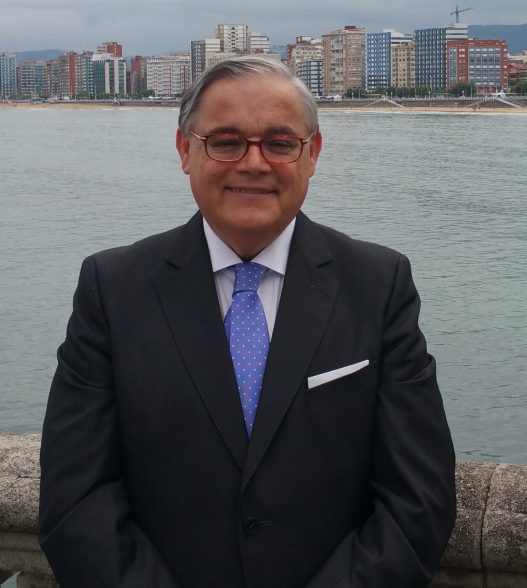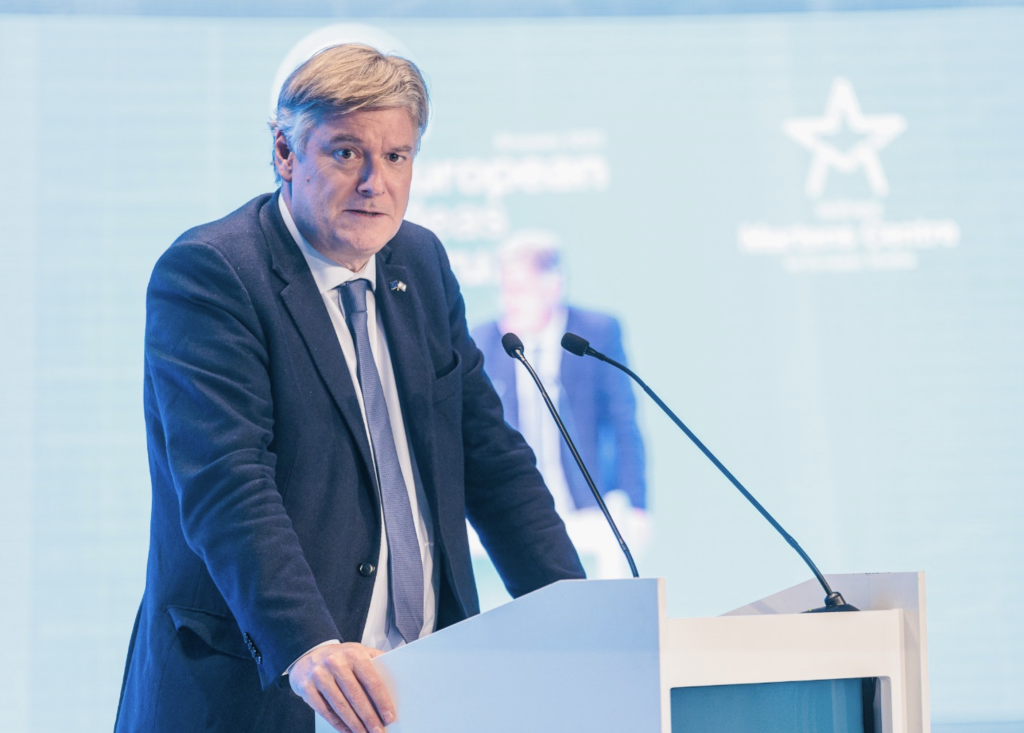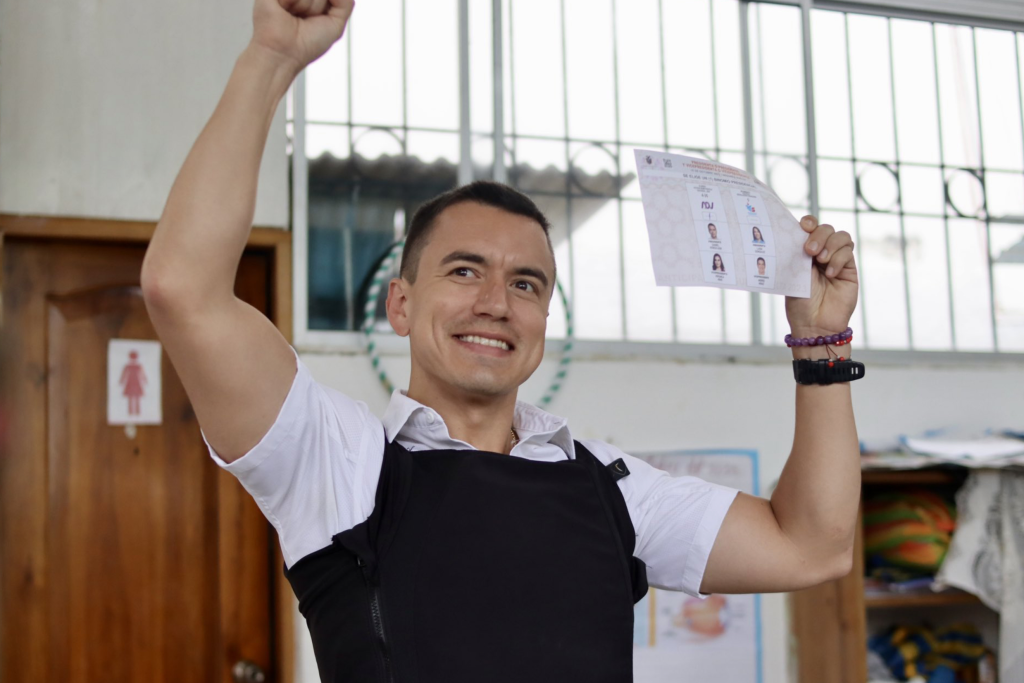ALBERTO BARCIELA
THE BREAKDOWN OF THE RATIONAL

We all have our reasons: equal, opposing, divergent. Everyone enjoys their own, with their own cultural, ideological, religious and political nuances. With its tonalities, even geographical. With its own perspectives, depending on climatic conditions, demographic densities, aging, the demands of each moment and of each calendar, opportunities and circumstances. We live similar and dissimilar experiences, we share stories of equal roots, which the fractals of History made diverge from that common trunk from which the common mother descended. We have all enjoyed and suffered, known moments of enlightenment and ignorance, listened to wise men and endured ignorant ones, sensible logical beings and crazy fanatics. And so we have come to the present day.
But, among so many recognized reasons, in general, the unreasons of the least have prevailed, the emergence of what disunites us as a society and turns us into barbarians, what stimulates us in ambition, selfishness, ego or savagery, what ignores what we know, what replaces dialogue with violence, bombs with flowers, lack of solidarity and exclusivity with understanding and courtesy, illiteracy with education, anger with love, death with life.
Rationality is not possible in this way, and it is not even possible to share a beautiful and sufficient territory for all. The earth is not useful for growing food, for sheltering the living, it is only useful for burying the dead. Water is wasted, unmanaged, scarce and makes us thirsty.
Today I am thinking of Israel and Palestine, Russia and Ukraine, but other armed conflicts persist with a lack of news coverage in Syria, Afghanistan, the Sahel, Ethiopia, Myanmar and Yemen – estimated to have caused more than 233,000 deaths and 2.3 million children suffering from acute malnutrition. Add tribal clashes, very frequent in Africa; dictatorial situations such as those in Nicaragua, Cuba or Venezuela; failed states; mafias, drug trafficking or terrorism and other economic, political or social nonsense. Let us not forget women in particular – sexual violence, forced marriage, genital mutilation, sexual orientation and gender identity, femicide, forced sterilization, selective abortion, honor crimes, human trafficking for the purpose of exploitation, etc.; slavery – it is estimated that more than 50 million people live in this situation, of which 28 million, including children, are forced laborers. UNHCR’s latest Global Trends report notes another harsh reality: last year, 2022, ended with a shocking number of refugees and displaced persons in the world, reaching 108.4 million.
With the cayucos, with the images of the dead and wounded, with the malnourished children, with the pandemics or natural catastrophes, with the extreme climate, certain messages have been arriving, like urgent telegrams carrying a foretold reality: humanity is wounded, the global civilization is dying, it is still partially informed but remains as if transfixed, uninvolved, it continues to hurt itself and the planet. The displaced, the dead, the wounded, are brothers and sisters to all of us and the reflection of an impossible future.
The first thing is to know that the other exists, only then will we survive ourselves. Let us hope that it is not too late, even to think that the future is on Mars, because there we would begin to misunderstand each other again. Okay.
Alberto Barciela, a Spanish journalist, is vice president of EditoRed.
This text is free to use. If you plan to use it, please cite the author and EditoRed as the source.



